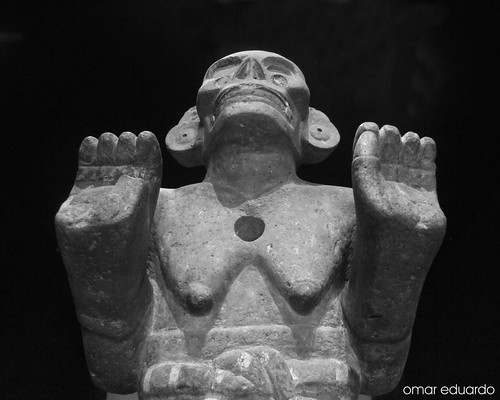The title of this post comes from an essay by Alan Levinovitz called I Greet You in the Middle of a Great Career: A Brief History of Blurbs. He quotes George Orwell, who was a strict enemy of blurbs, calling them “disgusting tripe.”
The article is an interesting history of praise of authors by authors. And Levinovitz does a good job cataloguing the sins that the publishing industry has committed (for centuries, it would seem) in the process: corruption, cronyism, hyperbole, and the practice on the part of some publishers to provide sample blurb templates.
As authors become better known, they inevitably find themselves overwhelmed by blurb requests. Often these come from publicists, but some come from authors themselves. Ignoring a publicist is one thing, but turning down a fellow writer can be awkward. Even more awkward is reading a colleague’s book to find that you can’t give it a a positive blurb. Many accomplished authors deal with this by having a no-blurb policy. Others, like Camille Paglia, have publicly called for an end to the practice all together.
In To Blurb or Not to Blurb, Bill Morris asks the question of whether or not blurbs sell books. The answer appears to be a qualified yes. Praise by an author you know and like may indeed get you to pick up a volume from a display table. That said, Morris also finds that a blurb by an author a reader distrusts or whose work she dislikes may be a turn off.
Last spring I got a note from my publisher that it was time to start seeking out pre-publication praise for Epistolophilia. I swallowed my pride and started to cast about for writers to contact. In some cases, I was met with silence. In others, I received kind notes that explained, with an apology, that the writer had a no-blurb policy. (One answer arrived long after the due date for jacket copy, and though I didn’t get a blurb, I did make a valuable and friendly new contact with whom I continue to correspond. So even this most humbling of processes can bring unexpected rewards.)
Getting turned down didn’t surprise me. Nor did the silences. What surprised me most was getting three sincerely positive blurbs for my book. One of them is from David Bezmozgis. His blurb for Epistolophilia: “An intelligent, humane, and noble book that rescues from obscurity an intelligent, humane, and noble woman. It stands as a testament to the power of reading, writing, compassion, and extraordinary courage.” Wow. That even impressed my publicist.
Is the process of blurbing cynical and corrupt? Sometimes, yes. But it is also a way for established writers to help unknown ones.
The first time this occurred to me was when I heard Stephen Elliott (The Adderall Diaries) talk at the AWP Conference last year. When Roddy Doyle blurbed his book (writing, “You don’t just read The Adderall Diaries; you fall right into them. You read as if you are a few words behind the writer, trying to catch up, to find out what happens, to yell at him that he’s doing a great job. And he is. It’s a brilliant book.”), he changed the game for Elliott. Far from a cynical move, such a blurb is a gift.
The same is true of Bezmozgis. He didn’t have to read my book, or even answer my email. He didn’t know me or owe me anything, and goodness knows, he has enough on his plate. But he read it, found it valuable, and said so. It was an act of generosity that I’ll never forget.
Perhaps one day I’ll get the chance to do the same for someone else.
Your thoughts on blurbs?
[Photo: Praise the Sun by Omar Eduardo]
This post is part of a weekly series called “Countdown to Publication” on SheWrites.com, the premier social network for women writers.


